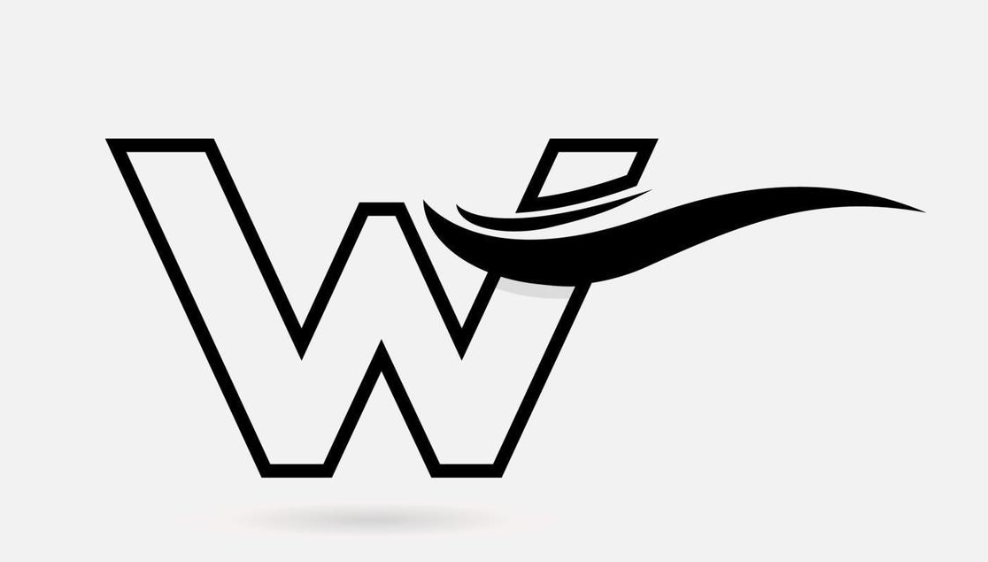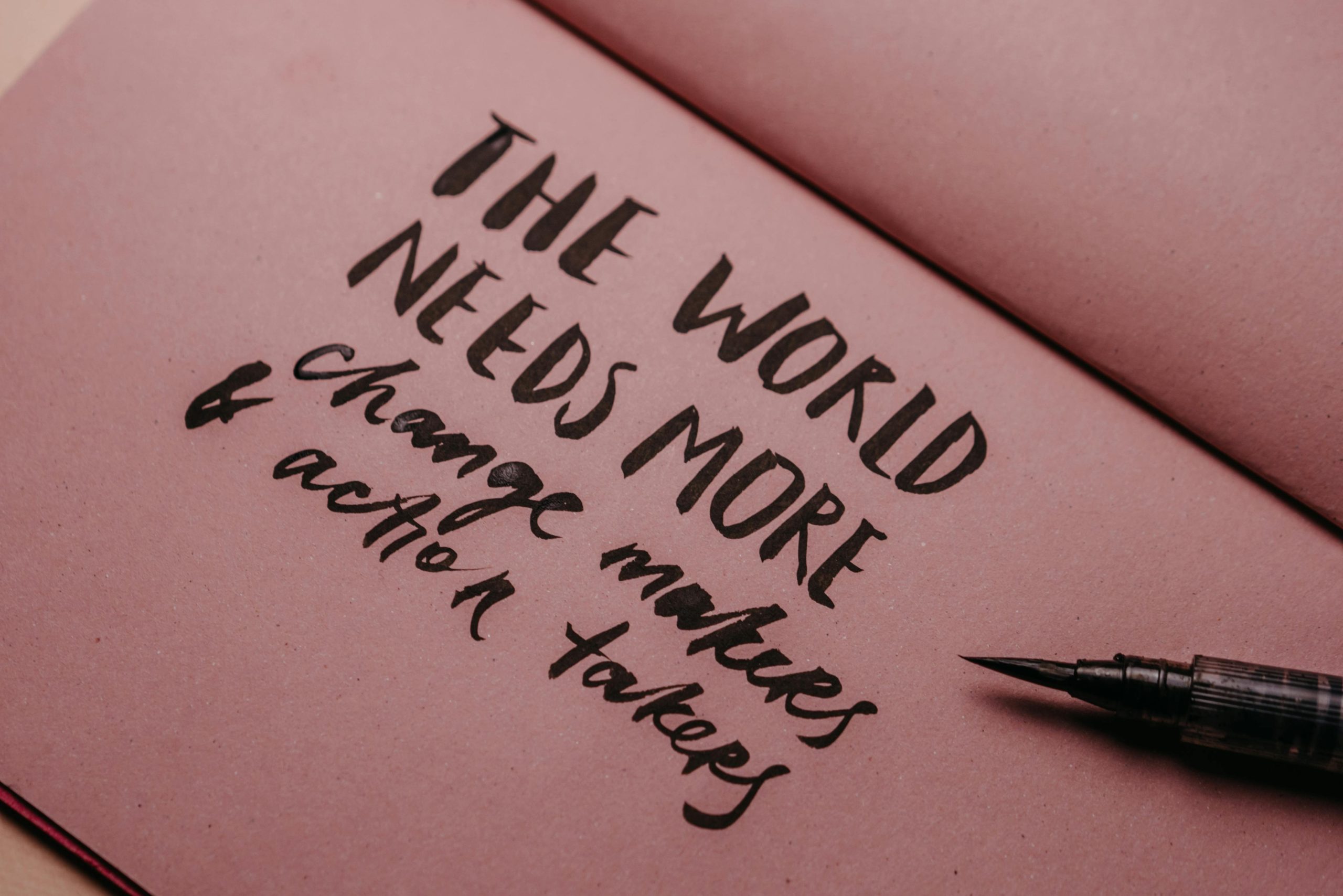Words are powerful. They shape how we think, how others perceive us, and ultimately, how we navigate the world. I’ve always believed that success—whether personal, professional, or creative—starts with the language we use. The words we choose can inspire action, build relationships, and even open doors we never imagined. Over the years, I’ve worked on building a personal vocabulary that aligns with my goals and values, and it’s been a transformative journey. Here’s what I’ve learned about the importance of words and how to develop a vocabulary that empowers success.
Why Words Matter
Have you ever been inspired by a speech, moved by a book, or motivated by a simple phrase? That’s the power of words. They don’t just communicate; they connect. They can elevate our thoughts and influence our actions. For me, building a strong vocabulary has been about more than just sounding articulate—it’s been about creating a toolbox of language that helps me express myself clearly, confidently, and authentically.
In professional settings, the right words can establish credibility and make you stand out. In personal relationships, they can build trust and deepen connections. And when it comes to self-talk—the internal dialogue we all have—words can either lift us up or tear us down. Recognizing this, I’ve made it a priority to choose words that align with the person I want to be and the life I want to lead.
Step 1: Define Your Goals and Values
Building a personal vocabulary starts with understanding your goals and values. What kind of person do you want to be? How do you want to come across to others? For me, words like “kindness,” “resilience,” and “curiosity” resonate deeply. They’re values I strive to embody, so I’ve made a conscious effort to incorporate them into my language.
For example, when I encounter challenges, instead of saying, “This is impossible,” I’ve trained myself to say, “This is a challenge I can learn from.” By reframing situations with words that reflect my values, I’ve found it easier to stay focused and positive.
Step 2: Surround Yourself with Inspiring Language
One of the best ways I’ve expanded my vocabulary is by exposing myself to diverse and inspiring sources of language. Books, podcasts, speeches, and even conversations with thoughtful people have all contributed to my growth. I keep a notebook or use a notes app to jot down words or phrases that resonate with me. Over time, this collection has become a resource I can revisit for inspiration.
For instance, I once heard the phrase, “Progress over perfection,” and it immediately struck a chord. It’s become a mantra I repeat to myself when I’m feeling stuck or overwhelmed. Surrounding myself with language that aligns with my goals has been instrumental in shaping my mindset and approach to life.
Step 3: Practice Precision and Clarity
One thing I’ve learned is that success often comes down to clarity. Whether I’m writing an email, having a conversation, or giving a presentation, I try to choose words that are precise and unambiguous. Saying exactly what you mean not only eliminates confusion but also shows confidence and competence.
For example, instead of saying, “I think we should consider this option,” I might say, “I recommend we move forward with this option because of X, Y, and Z.” The difference is subtle, but it conveys certainty and professionalism.
Practicing clarity has also taught me the value of eliminating filler words like “just” and “actually.” Phrases like, “I just wanted to check in” or “I actually think this is a good idea” can unintentionally undermine confidence. Now, I strive to be direct and purposeful in my communication.
Step 4: Embrace Positive and Empowering Language
Our words have a direct impact on our mindset, which is why I prioritize using positive and empowering language, especially when talking to myself. For example, instead of saying, “I can’t do this,” I remind myself, “I’m learning how to do this.” This simple shift changes my focus from limitation to growth.
In interactions with others, I aim to use language that uplifts and motivates. Phrases like “I appreciate your effort,” “This is a great start,” or “Let’s find a solution together” create a collaborative and encouraging environment. Positive language doesn’t just benefit the listener—it also reinforces my own commitment to seeing the best in people and situations.
Step 5: Continuously Expand and Refine
Building a personal vocabulary is an ongoing process. I make it a habit to learn new words and explore their meanings. Whether it’s through reading, engaging in meaningful conversations, or even playing word games, I’m always looking for ways to expand my linguistic toolkit.
One of my favorite practices is choosing a “word of the month.” I pick a word that resonates with me—like “intentionality” or “grace”—and focus on incorporating it into my thoughts and conversations. It’s a simple yet effective way to stay mindful of the language I’m using and the energy I’m putting out into the world.
Final Thoughts
Building a personal vocabulary for success isn’t just about learning fancy words or sounding intelligent—it’s about aligning your language with your values, goals, and vision for the future. It’s about recognizing the immense power words have to shape your mindset, influence others, and create opportunities.
For me, this journey has been deeply rewarding. By choosing words that reflect who I want to be, I’ve been able to approach challenges with resilience, foster stronger relationships, and inspire both myself and those around me. Words truly matter, and when we use them intentionally, they become tools for transformation.
So, take a moment to think about the words you use every day. Are they helping you grow, connect, and succeed? If not, it’s never too late to start weaving a new vocabulary—one that empowers you to live your best life. After all, success begins with the language we speak, both to ourselves and to the world.


Comments are closed